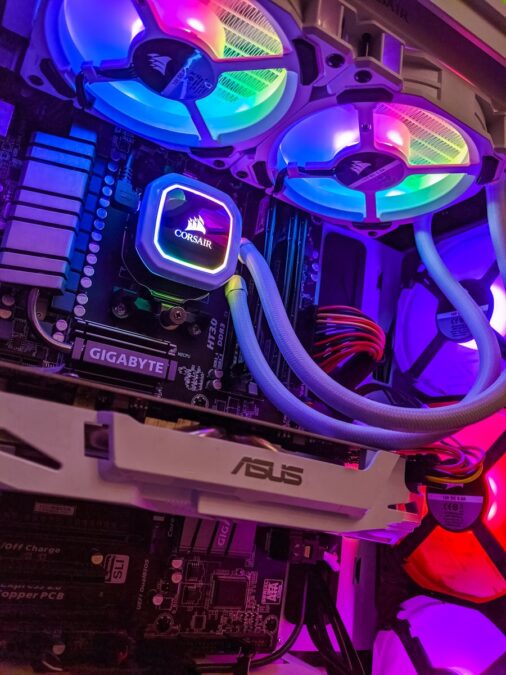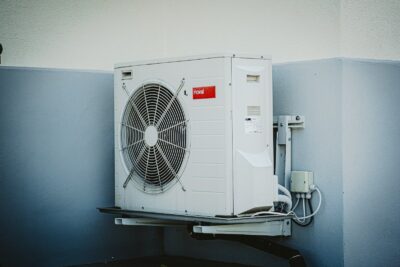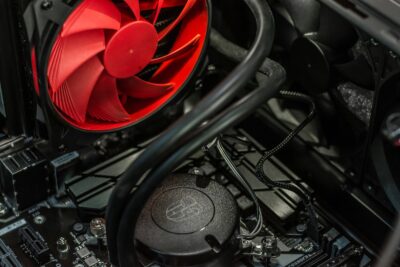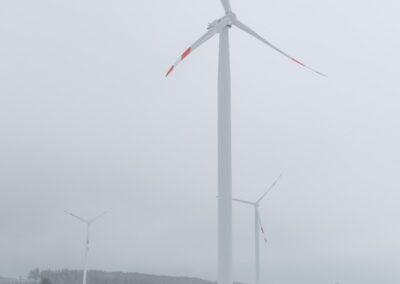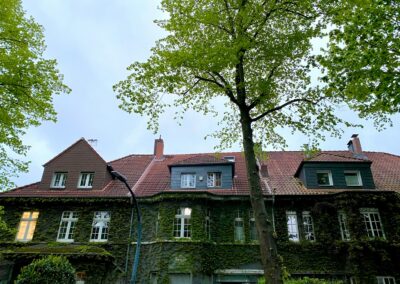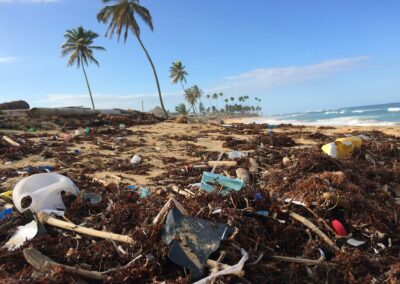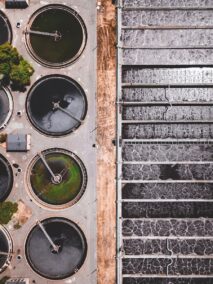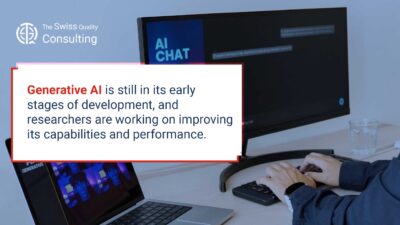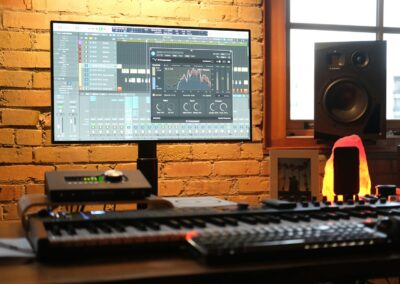Transforming Energy Efficiency in Saudi Arabia and the UAE
Advancements in HVAC Systems: A New Era of Energy Efficiency
In the quest for energy efficiency and sustainability, innovative cooling technologies have emerged as a game-changer for HVAC systems, particularly in regions like Saudi Arabia and the UAE, where cooling demands are high. These advancements not only reduce energy consumption but also enhance the overall performance and longevity of HVAC systems, making them indispensable for modern smart buildings and green initiatives.
One of the most significant developments in this field is the integration of smart thermostats and advanced control systems. These technologies allow for precise temperature regulation and adaptive climate control, which adjusts cooling output based on occupancy, time of day, and weather conditions. By leveraging artificial intelligence and machine learning, smart HVAC systems can predict and optimize energy usage, resulting in substantial cost savings and reduced environmental impact. Cities like Riyadh and Dubai are at the forefront of adopting these smart solutions, driven by their commitment to sustainable urban development and technological innovation.
Another breakthrough in innovative cooling technologies is the use of variable refrigerant flow (VRF) systems. Unlike traditional HVAC systems that operate on a fixed cycle, VRF systems can modulate the flow of refrigerant to different zones within a building, ensuring that cooling is provided where and when it is needed most. This zonal approach not only enhances comfort but also significantly improves energy efficiency by reducing unnecessary cooling. The adoption of VRF technology is gaining traction in both residential and commercial buildings in the UAE and Saudi Arabia, where energy conservation is a top priority.
Sustainable Cooling: Enhancing Performance and Reducing Costs
Sustainable cooling technologies are revolutionizing how buildings in Saudi Arabia and the UAE manage their energy consumption. One such innovation is the use of evaporative cooling systems, which leverage the natural cooling effect of water evaporation to lower indoor temperatures. These systems consume significantly less energy compared to conventional air conditioning units and are particularly effective in arid climates, making them ideal for the Middle Eastern environment. By integrating evaporative cooling with traditional HVAC systems, buildings can achieve optimal cooling performance while minimizing energy use.
Another promising technology is the development of phase change materials (PCMs). PCMs have the ability to absorb and release thermal energy during phase transitions (e.g., from solid to liquid), providing an effective means of temperature regulation. When incorporated into building materials or HVAC systems, PCMs can help maintain consistent indoor temperatures and reduce the load on cooling systems. This not only enhances occupant comfort but also leads to significant energy savings. Riyadh and Dubai are exploring the use of PCMs in various applications, from residential buildings to large commercial complexes, as part of their broader sustainability goals.
Furthermore, the implementation of solar-assisted cooling systems is gaining momentum. These systems harness solar energy to power absorption chillers or desiccant cooling units, reducing reliance on electricity from non-renewable sources. In regions with abundant sunlight like Saudi Arabia and the UAE, solar-assisted cooling represents a viable and eco-friendly alternative to traditional HVAC systems. By integrating solar panels with advanced cooling technologies, buildings can achieve greater energy independence and contribute to the reduction of carbon emissions.
Conclusion: A Vision for the Future of Cooling
The adoption of innovative cooling technologies is transforming the landscape of HVAC systems in Saudi Arabia and the UAE, driving a shift towards greater energy efficiency and sustainability. These advancements not only reduce energy consumption and operational costs but also enhance the overall comfort and performance of buildings. As these countries continue to invest in smart building solutions and green technologies, the potential for further innovation and adoption of sustainable cooling methods remains vast.
For business executives, mid-level managers, and entrepreneurs in the region, the integration of advanced cooling technologies offers numerous benefits, from cost savings to improved environmental performance. By staying abreast of the latest developments and embracing these innovations, companies can position themselves as leaders in sustainability and operational excellence.
In conclusion, the future of HVAC systems in Saudi Arabia and the UAE lies in the continued development and implementation of innovative cooling technologies. By leveraging smart controls, VRF systems, evaporative cooling, phase change materials, and solar-assisted cooling, buildings can achieve unprecedented levels of energy efficiency and sustainability. As these technologies evolve, they will play a crucial role in shaping the energy landscape of the Middle East, paving the way for a greener and more sustainable future.
#innovativecooling #HVACsystems #energyefficiency #sustainablecooling #smartbuildings #SaudiArabia #UAE #Riyadh #Dubai #greentechnology

